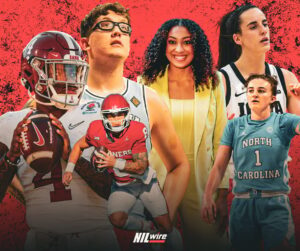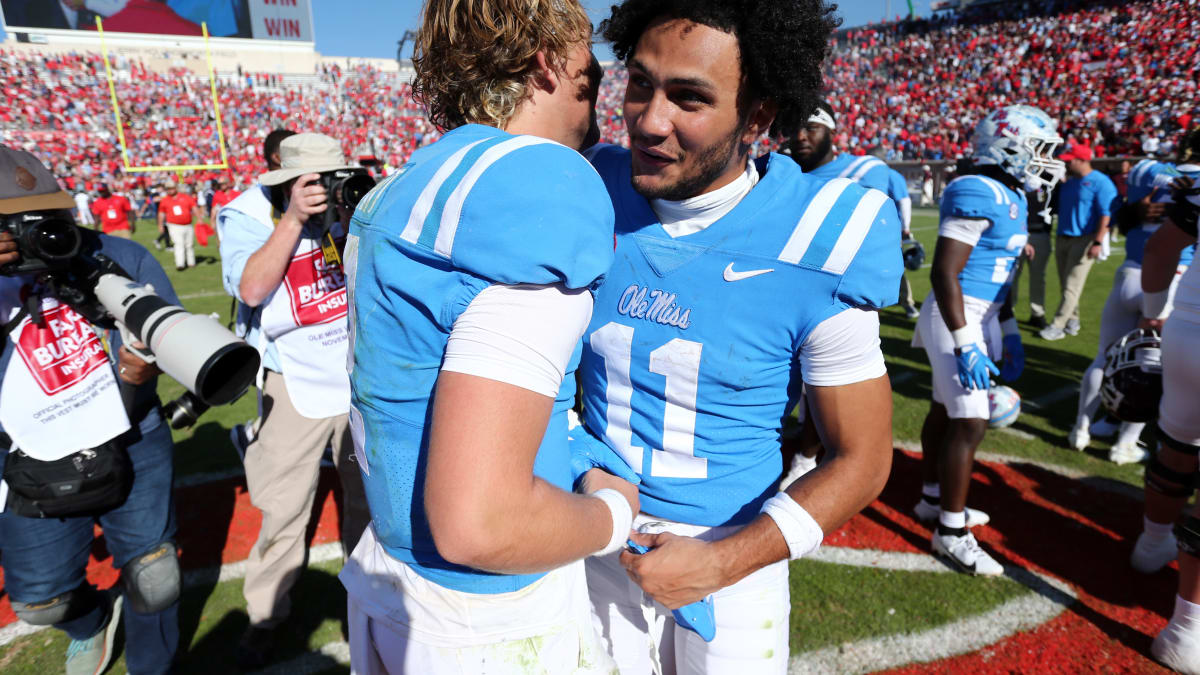Ole Miss athletes are leveraging the Name, Image, and Likeness (NIL) opportunities to address the opioid epidemic, a pressing issue affecting communities across the United States. This initiative not only highlights the athletes’ commitment to social responsibility but also showcases how they can use their platforms for advocacy and awareness.
The Context of NIL

The NIL policy, which allows collegiate athletes to profit from their personal brand, has transformed the landscape of college sports. Athletes can now engage in endorsements, sponsorships, and promotional activities that were previously prohibited. This shift provides them with the financial means to support causes they are passionate about, including public health initiatives like combating the opioid crisis.
The Opioid Epidemic
The opioid epidemic has reached alarming levels in the U.S., with millions affected by addiction and thousands dying from overdoses each year. The crisis is not just a public health issue; it has profound social and economic implications. Communities are grappling with the fallout, and there is an urgent need for awareness and intervention strategies.
Ole Miss Athletes Take Action
Recognizing their influence, Ole Miss athletes have partnered with organizations like HarborPath to raise awareness about the dangers of opioid misuse, particularly concerning fentanyl-laced substances. This collaboration aims to educate their peers and the broader community about the risks associated with opioid use and the importance of seeking help.
Through their NIL agreements, these athletes are not only promoting awareness but also encouraging discussions around addiction and recovery. They are using their platforms to share personal stories, provide resources, and foster a supportive environment for those affected by addiction.
Campaign Initiatives
The campaign involves a series of initiatives, including social media outreach, public appearances, and community engagement events. Athletes are encouraged to share educational content on their social media channels, highlighting the dangers of opioids and promoting resources for treatment and recovery.
Additionally, the partnership with HarborPath includes mobile clinics that offer treatment for opioid use disorder. These clinics aim to reach individuals in underserved areas, providing them with access to essential services and support.
The Role of Education
Education is a critical component of this initiative. Ole Miss athletes are not just advocates; they are also educators. By sharing factual information about the opioid crisis, they aim to dispel myths and reduce stigma associated with addiction. This educational aspect is vital in fostering a culture of understanding and support within the community.
Impact on Student-Athletes
For the athletes involved, this initiative is an opportunity to make a meaningful impact beyond the field. It allows them to connect with their community on a deeper level and to use their visibility for positive change. Engaging in social issues can enhance their personal brands while also fulfilling a sense of social responsibility.
Challenges and Considerations
While the initiative is commendable, it also faces challenges. The stigma surrounding addiction can make it difficult for individuals to seek help or engage in conversations about their experiences. Athletes must navigate these sensitive topics with care, ensuring that their messaging is compassionate and supportive.
Moreover, the effectiveness of such campaigns relies heavily on sustained engagement. It is not enough to raise awareness; there must be ongoing efforts to provide resources and support for those in need. The athletes’ commitment to this cause must be genuine and long-term to create a lasting impact.
The Broader Implications
The Ole Miss athletes’ initiative serves as a model for how collegiate athletes can use their platforms for social good. As NIL opportunities continue to expand, athletes across the country can follow suit, addressing various social issues and advocating for change in their communities.
This movement also reflects a broader trend in sports, where athletes are increasingly seen as role models and advocates. The public expects them to take stands on important issues, and many athletes are rising to the occasion, using their influence to drive social change.
The collaboration between Ole Miss athletes and organizations like HarborPath to combat the opioid epidemic is a powerful example of how NIL opportunities can be harnessed for social good. By raising awareness and providing resources, these athletes are not only addressing a critical public health crisis but also redefining their roles as leaders within their communities.
As the opioid epidemic continues to affect countless lives, initiatives like this are essential in fostering understanding, compassion, and support for those struggling with addiction. Ole Miss athletes are paving the way for a new era of athlete activism, demonstrating that their influence extends far beyond the playing field. Through their efforts, they are making a significant contribution to the fight against the opioid crisis, inspiring others to take action and make a difference.
